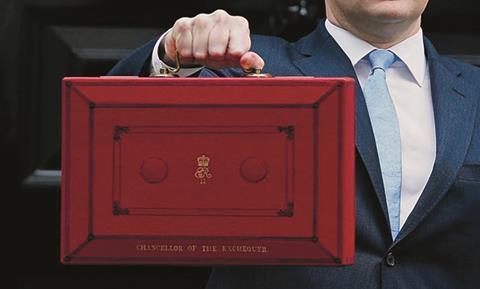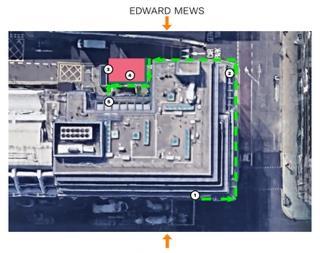As Property Week’s Budget coverage highlighted, the Office for Budget Responsibility (OBR) mildly upgraded its growth forecasts and now expects the UK economy to grow at 1.6% in 2019, up from the 1.3% spring forecast.

But 2018 growth was revised down to 1.3% and trend growth is forecast to remain at a very modest 1.4% to 1.6%.
It is important to note that both the Budget announcements and OBR forecasts are based on the assumption of a reasonable Brexit deal and smooth transition, and the Chancellor pointed out that he is confident, but not complacent that such a deal can be achieved. Should the UK crash out of the EU without a deal in place, a new Budget and more pessimistic forecasts would follow and the Chancellor has allocated an additional £2.2bn for Brexit preparations. The only certainty with regards to Brexit for now is that there remains uncertainty.
The announcement of a business rate relief programme for retailers with a rateable value of £51,000 or less is a step in the right direction to support struggling high-street shops that have been facing a difficult time amid slower retail spending, subdued consumer confidence and a move towards online shopping. Up to 90% of independent retailers will save up to £8,000 a year in the next two years. But it remains to be seen whether these measures will support the high street in the longer term or are just a temporary boost.
There also remains the issue of struggling larger retailers and department stores such as Debenhams and House of Fraser. The Budget announcement would have been unable to save any of their stores, highlighting that more needs to be done to support Britain’s high streets.
Find out more - Hammond dashes high street’s high hopes
A change in planning permissions to accelerate the conversion of empty high-street shops into homes and leisure facilities is intended to reinvigorate town centres and tackle the housing crisis. The chancellor will inject £675m into the Future High Streets Fund so towns and cities can redevelop under-used retail space.
Philip Hammond introduced a UK Digital Services Tax, whereby profitable firms with global annual revenues of more than £500m will pay additional tax. The tax, aimed at tech giants, not tech start-ups, is expected to raise £400m a year while reducing online retailers’ competitive advantage.
Overall, the Budget tried to build business and consumer confidence as we enter the choppy waters that the UK may find on either side of Brexit. The end of austerity may be a means of opening the door to fiscal stimulus to support the economy should this be required.
Oliver Kolodseike, senior property economist at Colliers International






























No comments yet